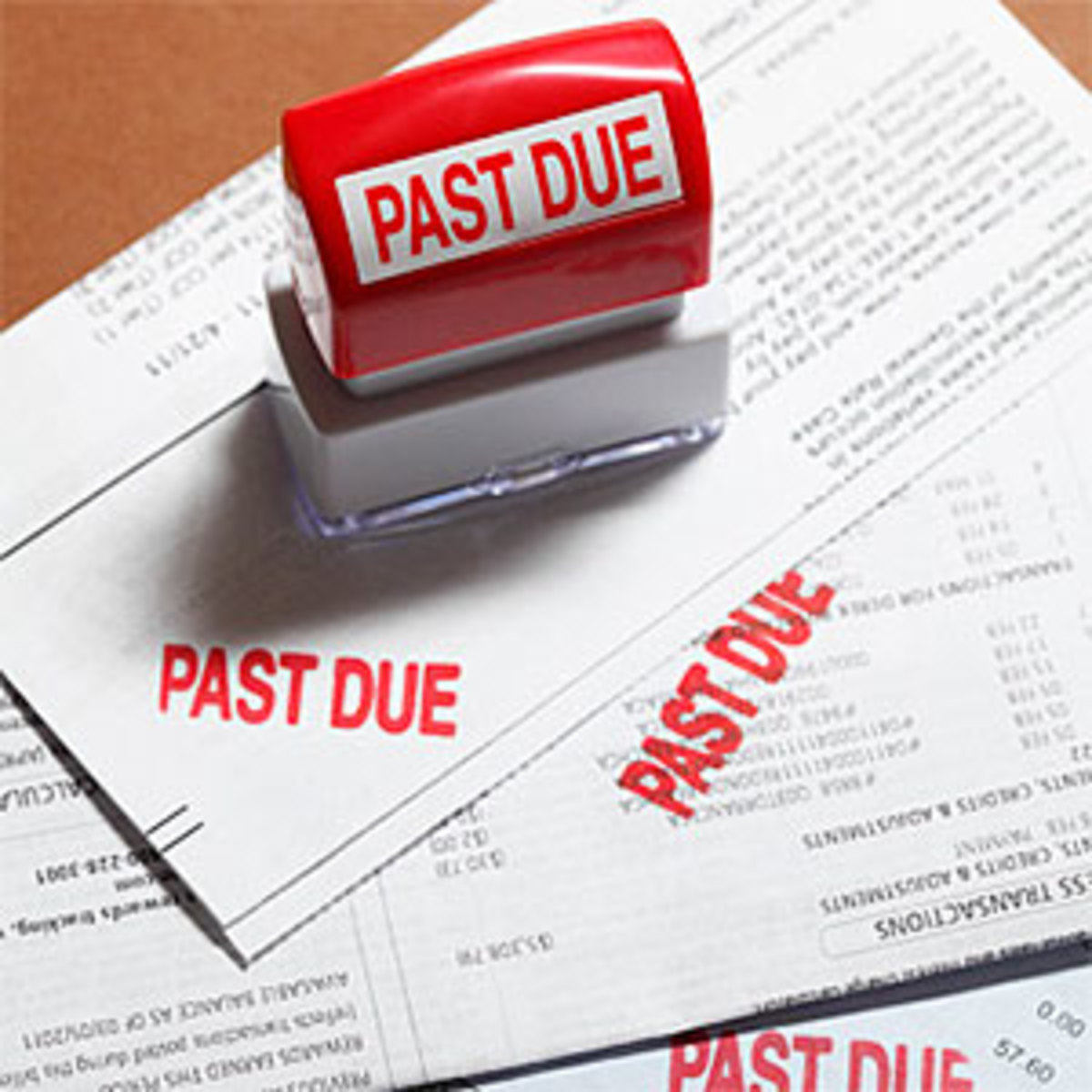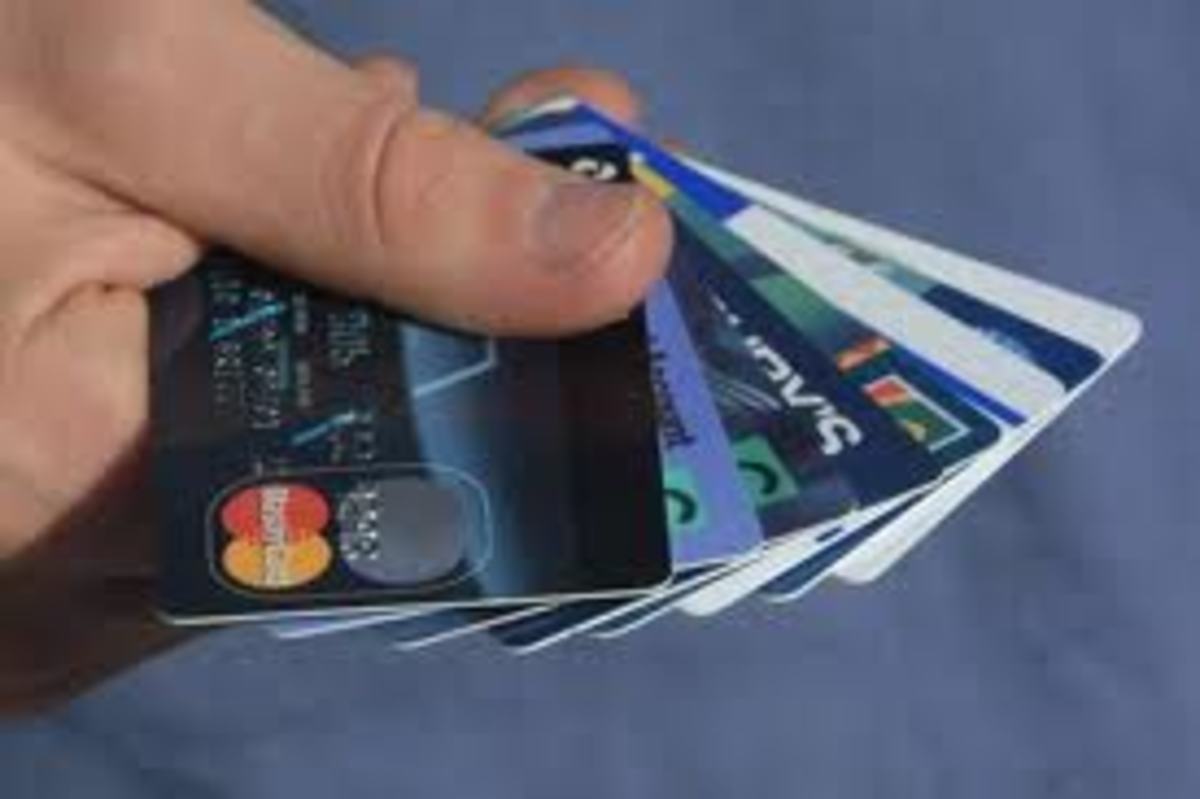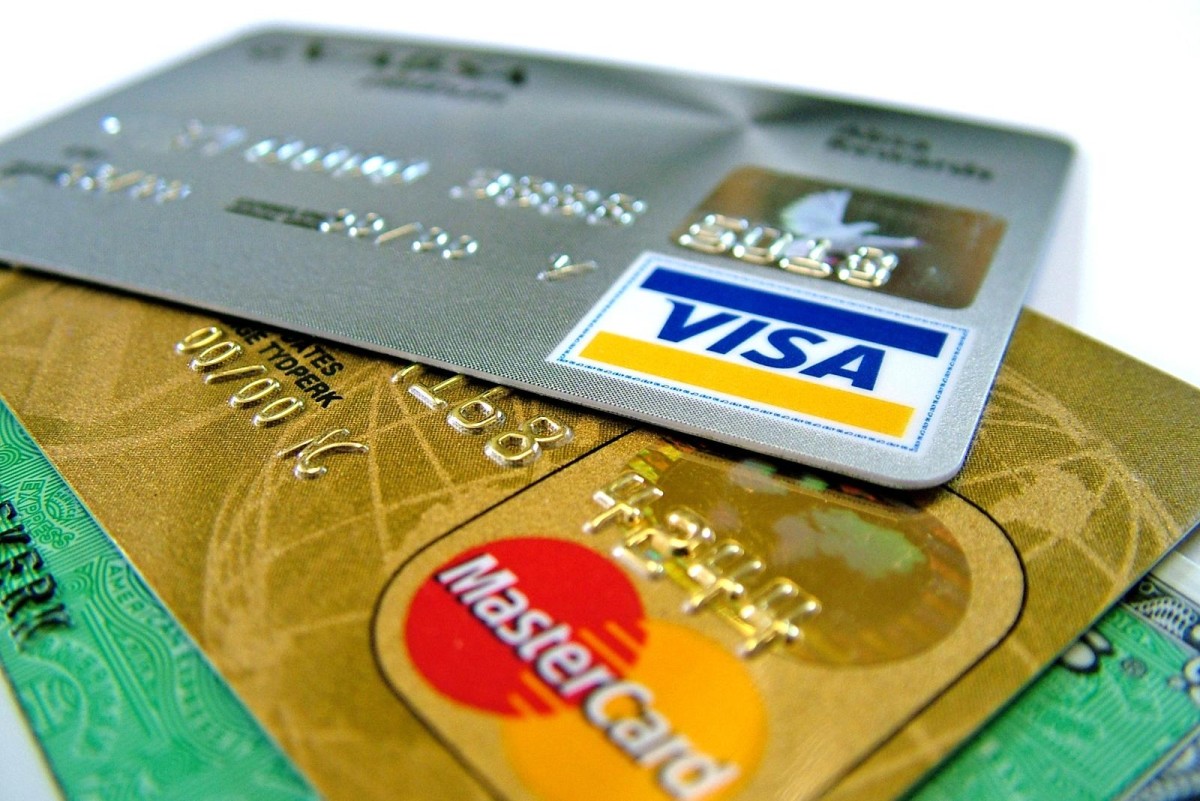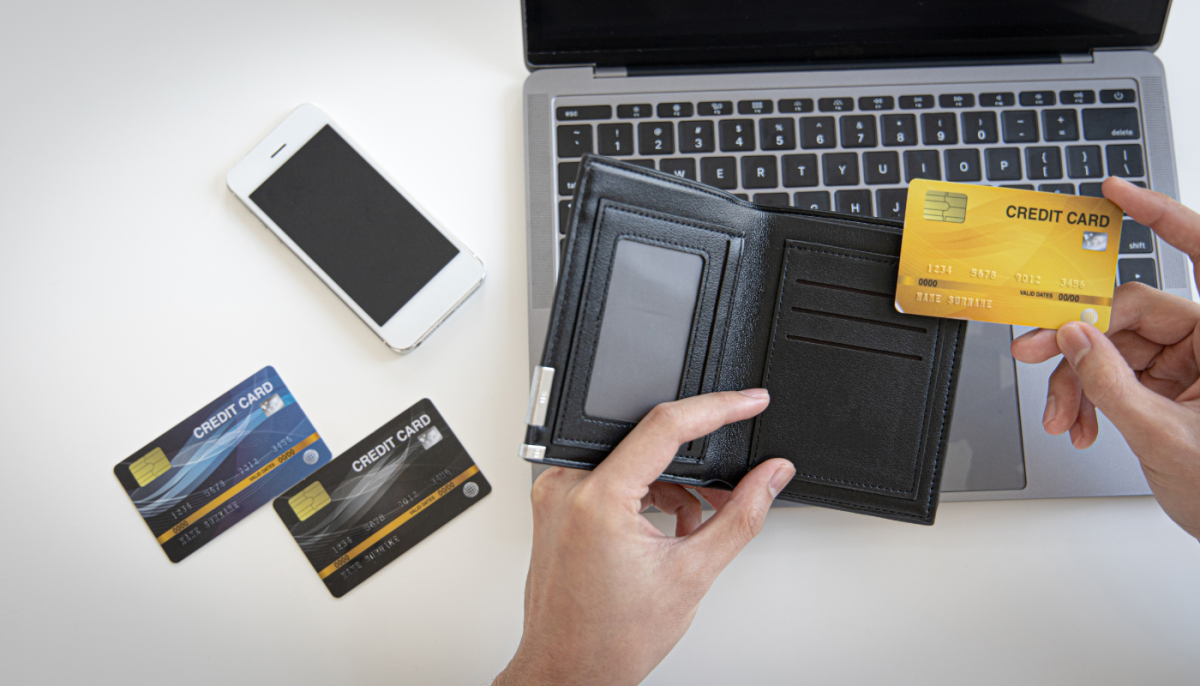The Truth about Credit Cards
Becoming Financially Fit
Whether it's your New Year's Resolution or just something you've been thinking about, getting your finances in order is a smart idea. The time for action is now, and the sooner you get started, the better your outlook will be in the long run. So while it might be unpleasant to think about all that credit debt you may have wracked up on that family vacation, house redecoration, Christmas shopping, medical procedure or whatever other purchase(s) you may have felt the immediate need for, you'll never regret sitting down, getting honest with yourself and setting up a financial plan.

What Are We Using Those Cards for Anyway?
It's a fact of life that emergencies do come up and we aren't always able to have that ample savings account filled with enough money to dip in. Medical emergencies, vehicle repairs and other necessary, but totally unexpected expenses can crop up on the best of us at the worst of times. When that happens, a credit card can be a life-saver and mean the difference of getting necessary medical treatment you might otherwise have avoided; or getting your work transportation back in running order so you can keep that job; or pay for those school fees you forgot to plan for.
A lot of people also use credit cards for business expenses while they're working to get their companies up and running. This is often the only way they would be able to get their businesses started to begin with, as not a lot of people have the cash on hand to bring their ideas to fruition without the help of credit.
Then there are those other expenses that we tend to charge: gasoline, eating out, amusement parks, theatres and other such things. Some people use their cards out of convenience and pay their cards off in full each month. Others charge because they wouldn't otherwise be able to do some of those entertainment activities if they didn't have the allowances on their credit cards, and plan to pay it off with a future influx of cash or over time. And then there are those who have the best intentions of paying it off in payments, but get in over their heads because of not keeping track of the expenses they've charged and exceeding their ability to pay with their current income.
With the increase of availability of department stores, furniture stores, clothing stores and other such credit cards, it's plain to see that not all our charging habits are based on necessity. Much of it has to do with keeping up with a standard of living we may feel entitled to and don't want to wait for. Sometimes it even has to do with wanting to give our children what their friends have so that they can feel like they fit in better. Whatever the reasons, it increases the amount of debt the average family carries and adds to the burden of being able to repay.
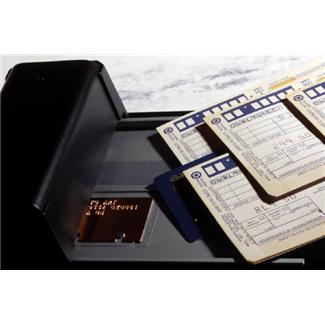
How Your Credit Cards Affect Your Credit Score
Let's say you have four credit cards you utilize. Perhaps one of those is a Visa, one a MasterCard, one for a furniture store and the other for a membership warehouse store (i.e. Costco). This wouldn't be all that uncommon. According to the website Creditcards.com, the average credit card holder has about 3.5 cards they use. This equates to be about $16,000 in credit card debt for the average American home possessing credit cards. That's a lot of revolving debt!
But it's not hard to get there. With the sudden hit on the economy, the loss of jobs and people struggling to live on less (and not all of them are accustomed to living on a budget), it's easy to find yourself in that very position. It does have an impact on your credit score though, and it's important to quickly get a handle on your outgoing cash flow and get it adjusted to fit within your income.
Having credit cards can increase your credit score if used responsibly. Keeping your balances low, paying your cards on time (and in full if possible) along with not having too much available credit at once can all make your score go up. But if you have too many cards with high balances it can drop your credit score and make you subject to getting those higher interest rates. Then, if you make your payments late or miss one or more entirely, your credit score will take an even harder hit, leaving you subject to that default interest rate that is often close to thirty percent! On top of that you get the late payment fees, and that can push you over the limit if you were already carrying a high balance to begin with. It's a viscious cycle and one that is important to get a handle on immediately.

Take That First Step
Gather all your bills together, make up a list of your other expenses (such as food, gasoline, etc) and add them all together. Don't forget those miscellaneous expenses that you find yourself doing regularly (like eating out or haircuts). Then find what your monthly income is. If you find that you're spending more than you're bringing in, see what areas you can cut to get back within your income. Make out a budget plan and stick to it!
If, after cutting all that you're able to, you find that you're still not able to get within your income, you can call your credit card company and see if they will settle your account for less (which means they will take a lump sum at once for less than what you owe) or cut your payments down to where you can afford them. This will hurt your credit score, but it's better than not paying at all.
There are also things you can do to lower your mortgage so that you can better afford to pay off your credit debt that involve either a refinance or a modification, depending on your circumstances. To see if you're a candidate for modification, you can see my article How to Modify Your Mortgage.
Be Careful if Consolidating
If you decide to consolidate your credit card debt into one payment (possibly with other debts), this can lower your payments and make them more affordable. But you need to be careful when doing this, as it can open the door for accruing more debt if you've not got your spending habits and bills to fit within your household income. This will only make it so that you would end up even more in the hole if you don't change your habits.
So before making that decision, make sure that you've got a budget or spending plan in place to make it successful. It would also be a great idea for your bottom line and for your credit score if you took some of that extra money you're saving and put it toward that consolidated payment, so you'll pay it off faster and save on the interest too!
The Road to Success
Once you get a handle on your debt and start paying those cards off, don't rush to close those accounts. Older accounts can help your credit score and closing those accounts can conversely hurt it. However, closing those newer accounts that you won't be needing shouldn't hurt and can help you resist the temptation to use those cards again.
Also, be leery of signing up for all those store accounts for the discounts around the holidays. You may get an extra discount, but unless you're a regular shopper at that store, it may not be all that worth it to you. Each time your credit is pulled in the application process for these accounts, it does have an adverse affect (though it's only a matter of a few points) on your credit score.
Knowledge is power, and getting informed is the best way to success. Know what your interest rates are, what fees you're being charged and how much you're spending. All of these things will help you to come up with the best plan to get out of debt and stay out of debt. This will help you be able to save up for emergencies too, once that credit debt is under control. Sounds like a great recipe for a good night's sleep!
For More on Credit Scores and Handling Debt
- The Motely Fool
The ins and outs of knowing which credit cards can benefit you and which ones you should do without. Also with explanations of how credit cards affect your credit score. - The Juggling Homemaker--Credit Reports and Repair
Find out how to check your credit score for free and how to dispute errors to fix your credit.



